
Anorexia, a perplexing and life-threatening mental health disorder, has become a topic of intense concern. While the complexities of this disorder can be daunting, it is crucial to understand and acknowledge its prevalence for better diagnosis, treatment and support for the affected. This article aims at disseminating knowledge about Anorexia, shining light on root causes, consequences, and potential treatment strategies. Understanding this disorder in depth can help foster a climate of empathy and support for those grappling with it.
Comprehensive Definition of Anorexia
Anorexia Nervosa, typically referred to as Anorexia, is a severe mental health disorder characterized by an intense fear of gaining weight coupled with a distorted body image. Individuals suffering from anorexia often go to extreme lengths to restrict their calorie intake leading to significantly low body weight. Symptoms include but are not limited to excessive dieting, self-induced starvation, hyperactivity, and obsessive exercise routines.
Anorexia is categorized into two types: the Restricting Type, where weight loss is achieved primarily through dieting, fasting or excessive exercise, and the Binge-Eating/Purging Type, where the individual self-induces vomiting or misuses laxatives, diuretics, or enemas.
Root Causes of Anorexia
While no single cause can be ascribed to Anorexia, it typically arises from a complex interplay of genetic, environmental, and psychological factors. Genetic Factors play a substantial role – those with a family history of eating disorders are at higher risk.
Environmental Factors, including societal pressures promoting thinness and media influence, could also drive an individual towards developing anorexia. Certain professions and activities that emphasize slender body types may also heighten the risk.
Anorexia can also be a coping mechanism to deal with Psychological and Emotional Issues such as anxiety, depression, or traumatic experiences. It is often associated with feelings of control or perfectionism.
Consequences of Anorexia
Anorexia has dire consequences on physical health, psychological well-being, and wider societal aspects. On a physical level, it can lead to severe malnutrition, heart and kidney problems, osteoporosis, or even death due to starvation. The Psychological Impacts include anxiety, depression, obsessive-compulsive disorder, and increased suicide risk.
Anorexia and other eating disorders also carry a significant societal impact, with immense direct and indirect healthcare costs, decreased productivity, and increased burden on caregivers and healthcare systems.
Diagnosing Anorexia
Diagnosing Anorexia includes assessment of physical symptoms, psychological screening, and fulfillment of specific diagnostic criteria outlined in the Diagnostic and Statistical Manual of Mental Disorders (DSM-5). Health Professionals, including psychiatrists, psychologists, and dieticians play a crucial role in diagnosis and treatment planning.
Treatment Strategies for Anorexia
Effective treatment of Anorexia is multifaceted and requires addressing medical, psychological and nutritional needs. Approaches include Therapeutic Treatments, such as Cognitive Behavioral Therapy (CBT), Dialectical Behavior Therapy (DBT), Family-Based Treatment (FBT), among others.
Medically, treatment focuses on weight restoration and addressing co-occurring medical issues like osteoporosis. The Role of Family and Support Groups is elemental in creating a safe and supportive environment for recovery.
Get to know us better
If you are reading this, you are in the right place – we do not care who you are and what you do, press the button and follow discussions live

Recovery and Moving Forward
Recovery from Anorexia is possible with persistent efforts, medical interventions, and solid support systems. Some milestone tips for recovery include maintaining a nutritionally balanced diet, regular counseling, fostering positive self-image, and practicing stress management techniques. Ongoing care is critical to prevent relapses and ensure continued progress.
Conclusion
Anorexia is a severe, often life-threatening, mental health disorder that affects millions worldwide. With comprehensive understanding, early diagnosis, personalized treatments, and continuous support, recovery from this condition is possible. Stigma and misconceptions can be eradicated through increased awareness, leading to a safer, more supportive society for those combating Anorexia.
FAQs
- What is the primary age group affected by Anorexia?
Anorexia often develops during adolescence or young adulthood, but it can also occur later in life.
- Does anorexia only affect females?
Anorexia can affect anyone, regardless of gender, although it is more commonly diagnosed in females.
- Can anorexia be cured or is it a lifelong disorder?
With appropriate treatment and support, persons suffering from anorexia can recover and lead a healthy life. However, it’s an ongoing struggle and requires long-term management.
- What is the difference between anorexia and bulimia?
Both are eating disorders, but they exhibit differently. Anorexics restrict food intake leading to severe weight loss, while bulimics undergo cycles of binge eating followed by self-induced vomiting, fasting, or extreme exercise.
- How can I help a loved one who may be struggling with anorexia?
Offer non-judgmental support, promote treatment, listen empathetically, and encourage healthy behaviours, all while seeking professional help.







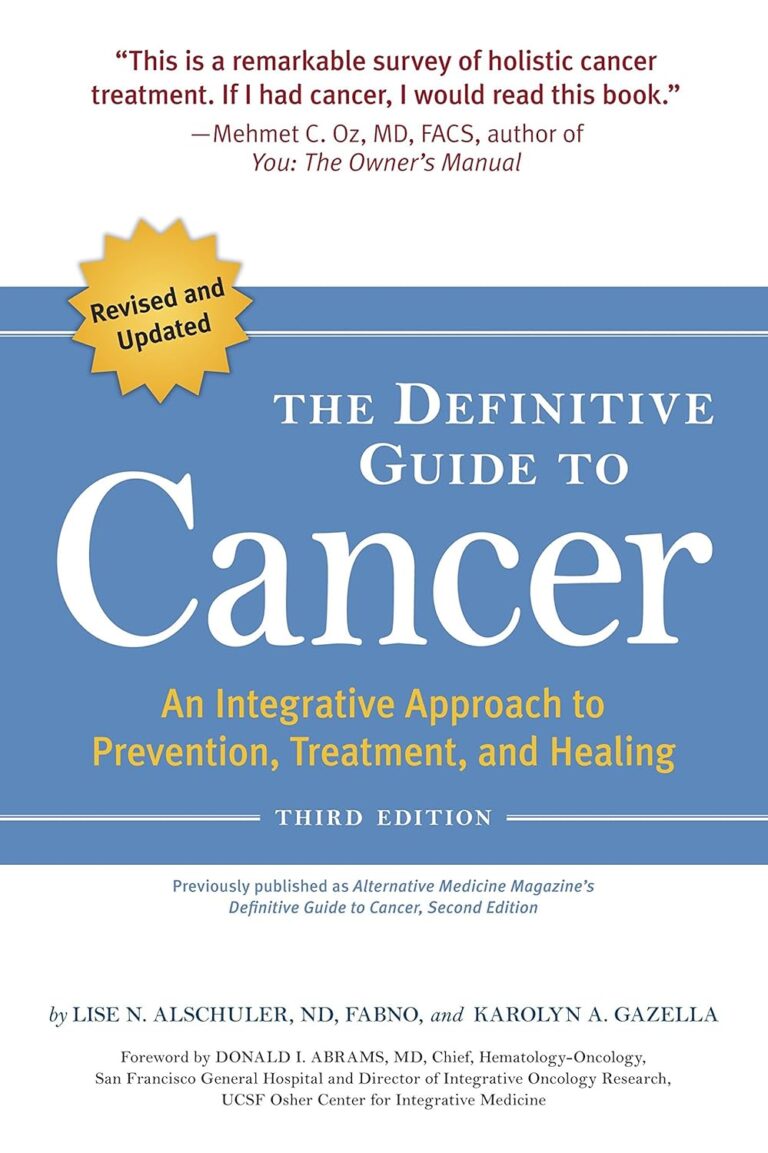
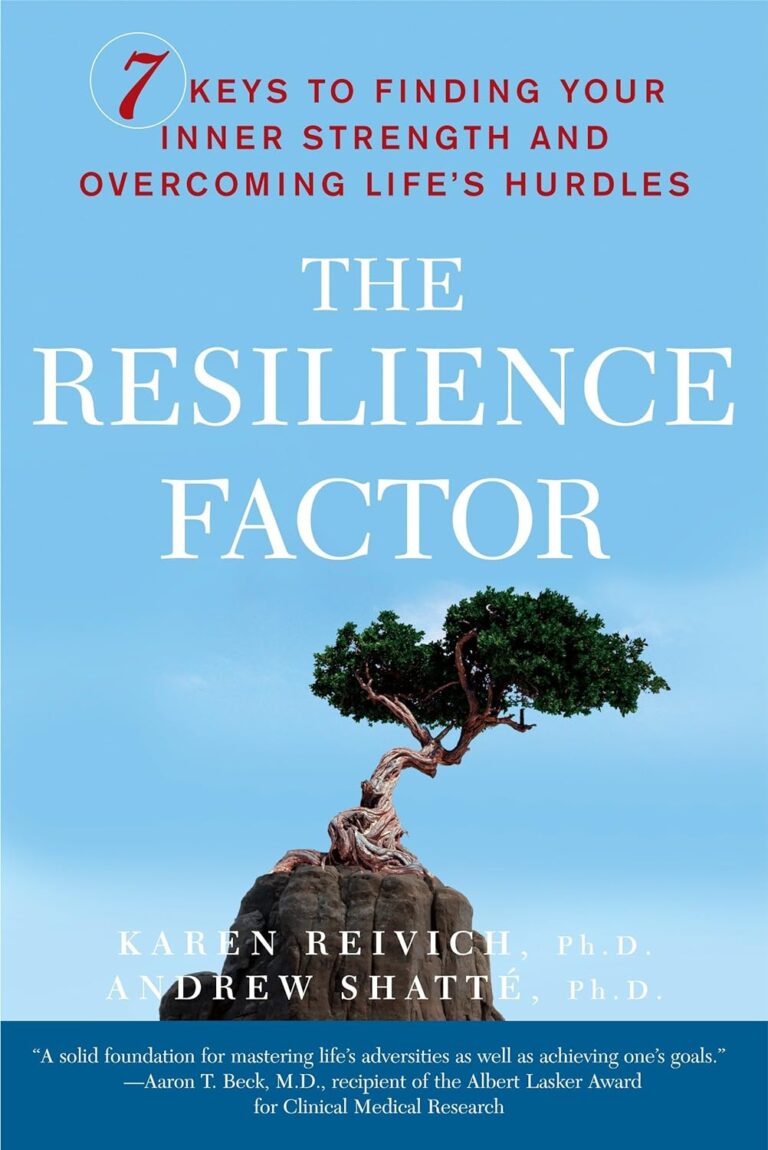

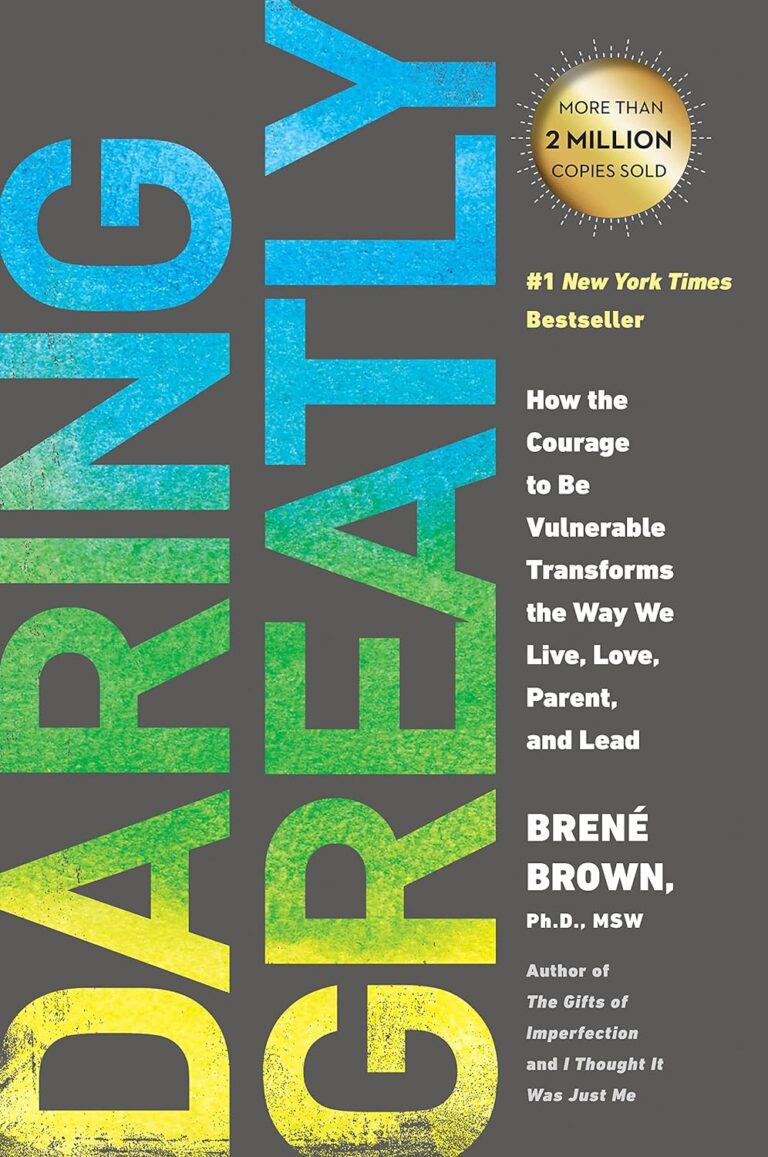

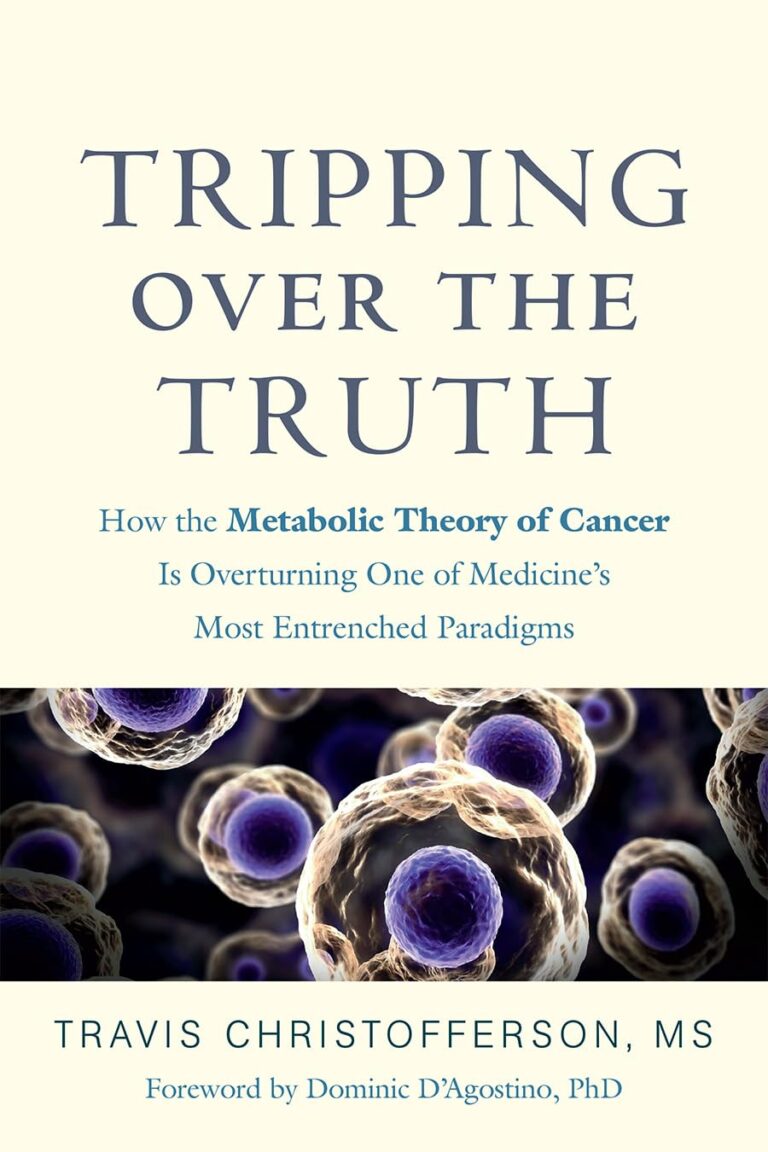
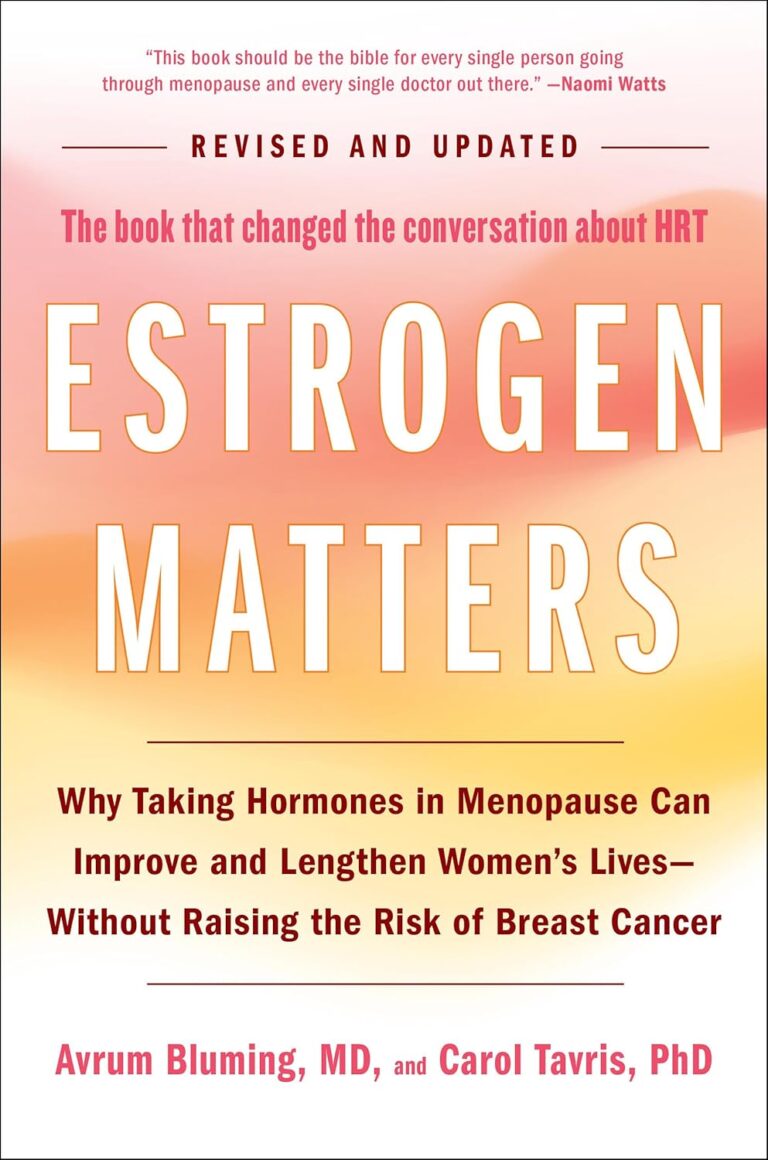

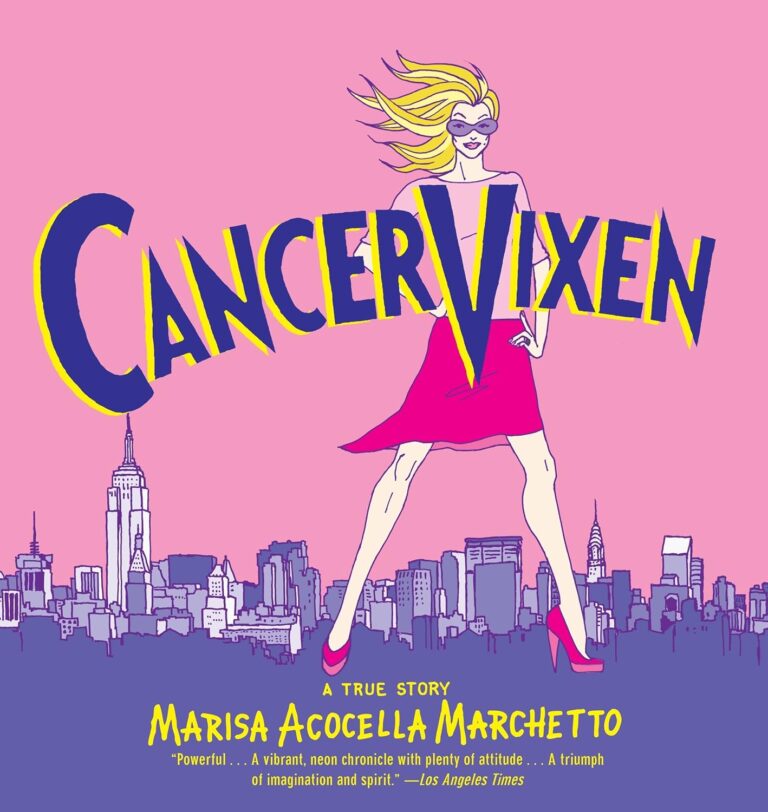

Comments
Thank you. Comment sent for approval.
Something is wrong, try again later